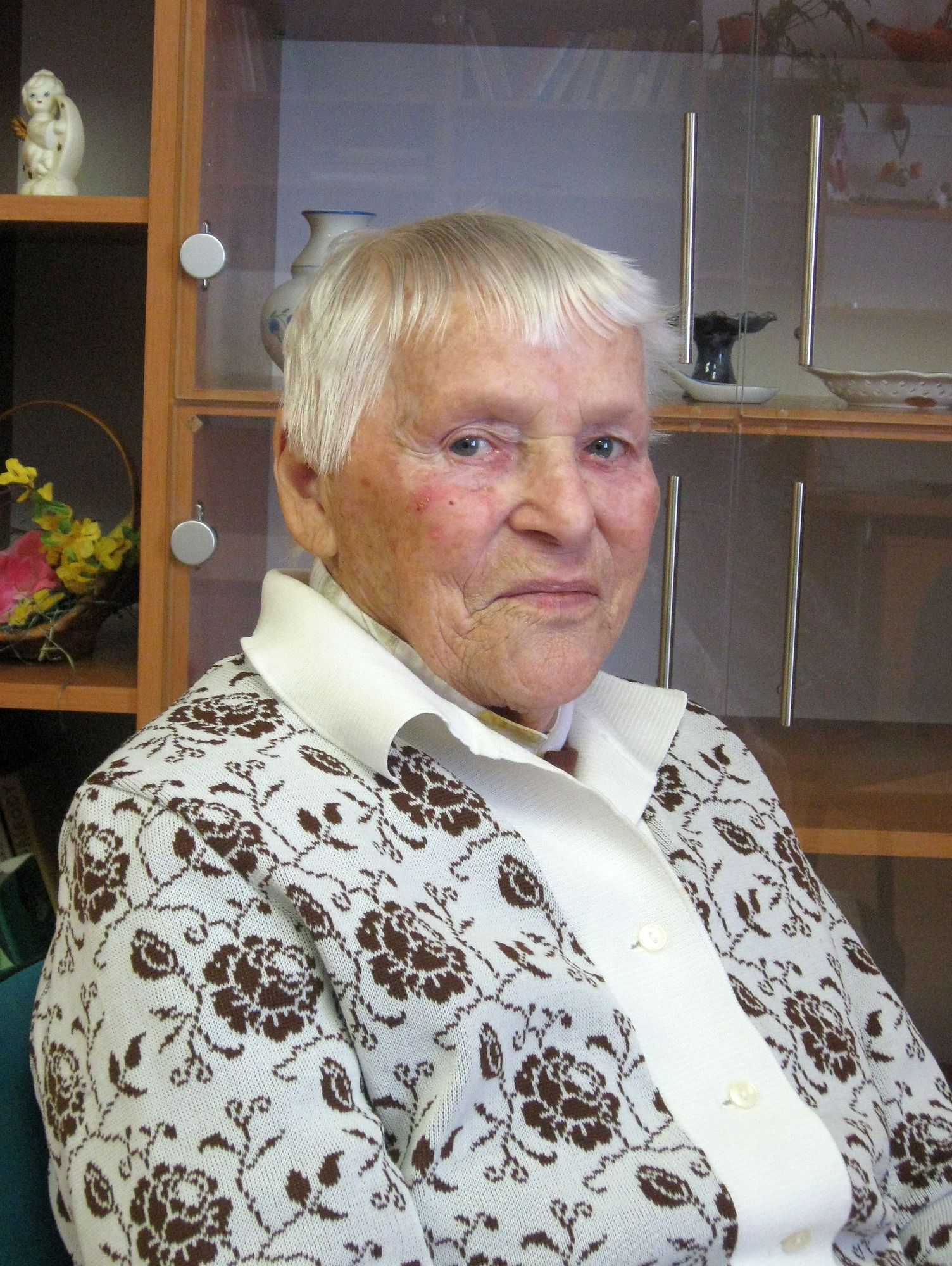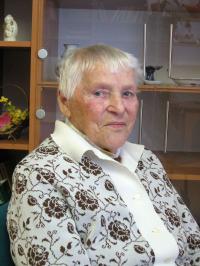We were donated to the German Reich

Download image
Emilie Suchá was born on 19 July, 1924, as one of ten children of a cottage dweller in the village of Churáňov in Šumava – the last Czech village in this region, together with the nearby Zadov, a renowned hotbed of smugglers and traffickers frequenting the nearby Czech-Bavarian border. The relations with the Bohemian Germans, who lived just across the hill, were rather lukewarm, but not hostile. Immediately after she had completed elementary school, she began to work in the homestead and at the family farm, and later she went “into service” in České Budějovice. She also worked for the Pešlovi spouses in Bučina. In January 1945 – being the year of birth 1924 – she was donated as a “gift” to the Reich and went to the German town of Kassel to work as a slave laborer. However, probably due to health problems, she soon returned and spent the rest of her life in Šumava. She recalls the transport to Kassel that was full of hardship, the atmosphere of the bombed city, the life in the camp and the way back, the stay of the U.S. troops in Churáňov in May 1945, the escape of the Pešlovi spouses who were fleeing from the state security, the Šumava “Jánošík” Vastl, her own involvement in the smugglers ‘gang’ and the interrogation at the police, and her whole life in Šumava.
